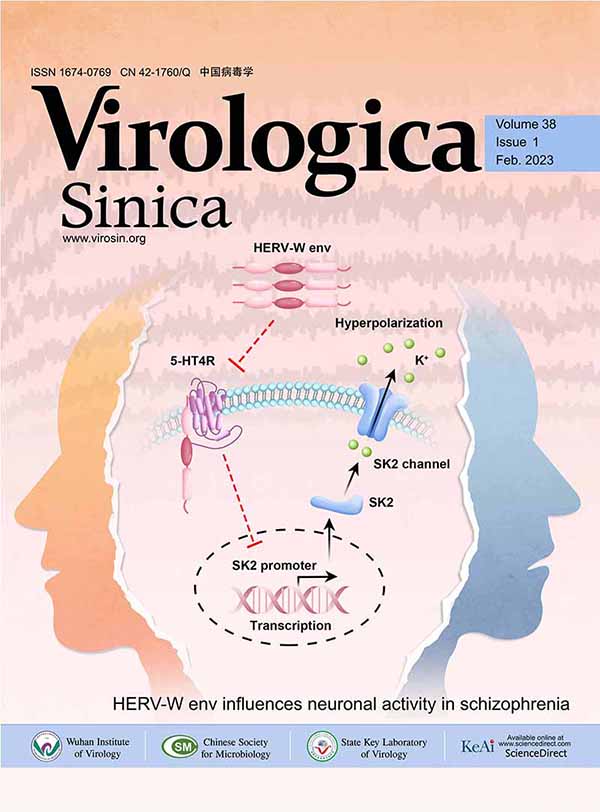Studies on the Infectivity of Bluetongue Virus Strain HbC3 to Several Human and Animal Tumor Cells*
Abstract: Using BTV-HbC3 to infect tumor cells including human lung cancer SPC-A-1 cells, human cervical carcinoma HeLa cells, human astrocytoma U251 cells, mouse-derived astrocytoma C6 cells and human embryonic lung cells and observe the cytopathic effects(CPE); then using transmission electron microscope and double immunodiffusing test to compare the infectivity of BTV-HbC3 to these cells. Reverse transcription-PCR was used to detect the propagations of BTV-HbC3 in these cells. The results indicated that BTV-HbC3 does not infect normal human embryonic lung cells, but it can selectively replicate in tumor cells and produces different degree of cytopathic effects and can induce apoptosis. Tumor cells were killed in the end. Among all the cells, human lung cancer SPC-A-1 cells have the highest sensitivity to BTV-HbC3. BTV-HbC3 can targetedly kill some kinds of tumor cells. These data provide the laboratory basis for approaching the possib-ility of BTV-HbC3 as an oncolytic virus.













 DownLoad:
DownLoad: